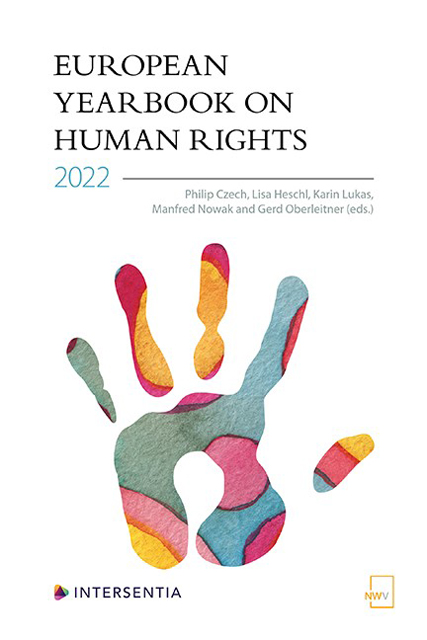Lessons from the Inter-American Human Rights System to FurtherUtilise the Potential of NHRIs in the European Convention System:From Contextualisation to Inspiration?
Published online by Cambridge University Press: 20 April 2023
Summary
ABSTRACT
The vital role that National Human Rights Institutions (NHRIs) play in the domestication of international human rights law has long been documented. It is, therefore, surprising that only marginal attention has been given to how these actors can help implement judgments of the European Court of Human Rights (ECtHR or Court). Recently, however, there has been a promising change of course, as scholars have started to take note of the procedural involvement of NHRIs in the European Convention (ECHR) system. In particular, Rule 9(2) of the Committee of Minister Rules, which empowers NHRIs to formally participate in the execution process of the Court’s judgments, has become a topic of interest. In its 2021 Recommendation on NHRIs, the Committee of Ministers of the Council of Europe affi rmed the importance of NHRI participation in the execution process of judgments of the ECtHR.
At this crossroads of scholarly and political attention to the importance of NHRI participation, this contribution discusses current and potential participation of NHRIs in the ECHR system to help advance the execution of judgments of the ECtHR. As such, it uses this momentum to revisit and add to proposals to further increase and strengthen their involvement. Against this background, this contribution sets out to provide insight into a wider array of procedural options available for NHRIs to participate within human rights systems with a view to contributing to effective human rights implementation. For this purpose, it studies the Inter-American Human Rights system, which is generally known for the strong participation of actors other than the state. Procedural possibilities for such actors, including NHRIs, are different from those under the ECHR system. A number of expert interviews with stakeholders of the Inter-American system carried out for this study help elucidate the role and impact of NHRIs. With due regard to institutional and contextual differences between the two systems, the contribution considers whether procedural opportunities and lessons learned from the Inter-American system can be kept in mind for bolstering and adding to proposals for further use of NHRIs in the European Convention context. In doing so, the present contribution seeks to help promote eff ective and full utilisation of NHRI potential in the European Convention system.
- Type
- Chapter
- Information
- European Yearbook on Human Rights 2022 , pp. 409 - 444Publisher: IntersentiaPrint publication year: 2022



